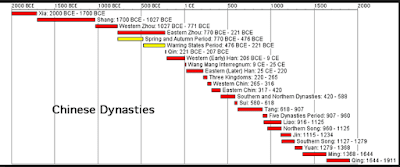Chinese Proverbs: 成語

I've been thinking about different culture's memory techniques, and I realised that Chines Proverbs are an excellent example of a Memory System. Chinese Proverbs are either 成語 or 諺語, with my focus being on 成語. 諺語 are more like sayings, and are easier to understand without context. They also don't have as many rules. However, 成語 are ridiculously strange. 成語 have a few rules. Each one is 4 Characters long, and they are kooky. Some of them are simple, with two synonyms being mixed together. (Most Chinese Words are two Characters long, and will be so here unless specified. However, the intriguing ones are the story proverbs. 自相矛盾 ( zì xiāng máo dùn) Take the proverb 自相矛盾 ( zì xiāng máo dùn) . By itself it makes practically zero sense. 自相 ( zì xiāng) means mutual, but 矛盾 ( máo dùn) means pike and shield, which has no intrinsic meaning. What does Mutual Pike and Shield mean? Did you guess self-contradictory? Because that's it. How do you get Self-Contradictory f...





